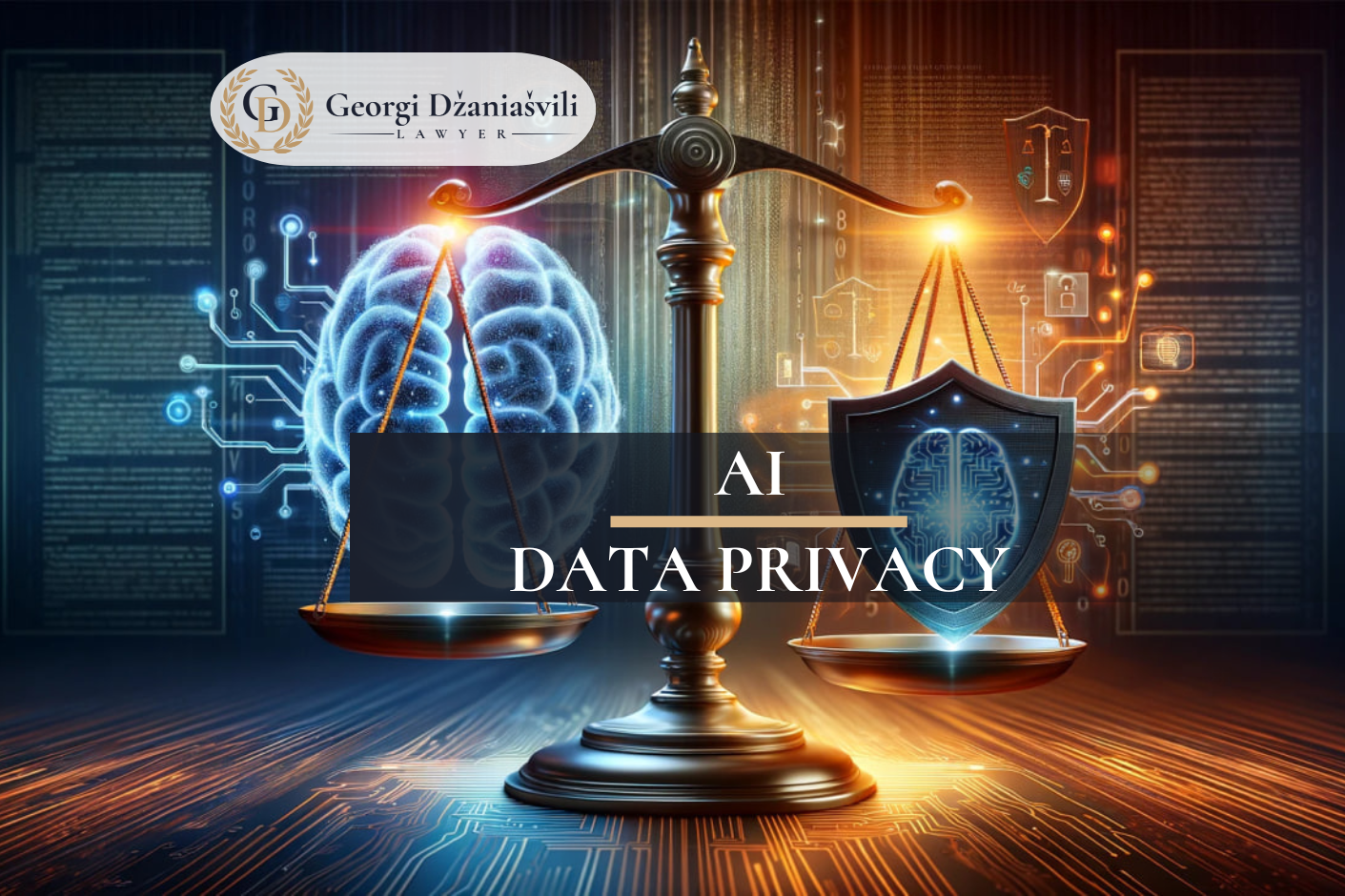The worldwide enthusiasm for artificial intelligence (AI) technologies is undeniable. However, amidst this excitement, the importance of privacy often takes a backseat. Notably, legal disputes surrounding privacy issues have been on the rise, shedding light on the pressing challenges that AI developers and users face in terms of data protection.
Legal Challenges in AI Development and Use
AI creators are confronted with complex data protection issues right from the development phase. These include determining a lawful basis for using personal data as training material and managing data protection duties and individuals’ rights effectively. Users of AI technologies also face numerous privacy concerns, particularly regarding the identification of the data controller under the General Data Protection Regulation (GDPR) when personal data is processed by AI systems. For instance, the utilization of data from social media platforms without explicit user consent for AI training could lead to legal complications under the GDPR.
The Concept of a Data Controller in AI
Under GDPR, it’s mandatory to appoint a data controller if personal data is being processed. AI, regardless of its sophistication, cannot serve as a controller under GDPR, which defines a controller as an entity capable of deciding the purpose and means of data processing. Consider a health diagnostic tool powered by AI: the ambiguity over whether the healthcare provider or the AI developer acts as the data controller exemplifies the legal complexities in assigning responsibility.
Determining Responsibility for Data Processing
Identifying who bears responsibility for data processing in the context of AI is critical. The GDPR outlines that responsibility lies with the entity that determines the why and how of data processing. This delineation extends to differentiating between the controller, the data subject, and the processor, emphasizing the nuanced roles each plays in the data processing ecosystem.
User Responsibility in AI Data Selection and Provision
When users select and provide data to AI systems for processing, they take on the primary responsibility for that data. This stage is crucial as it involves determining the purposes for which the data is processed, making the user effectively the controller of the data under GDPR guidelines. A practical example involves a user feeding customer feedback into a text-generation AI for marketing content creation. If the feedback contains personal data, the user must adhere to GDPR principles, ensuring data minimization and purpose limitation.
From Data Input to Output: Processing Responsibilities
The processing of data by AI, from input through to output, involves several responsibilities. In the case of a language translation, AI offered as Software-as-a-Service (SaaS), both the user providing the source text and the service provider generating the translated text must handle personal data responsibly. This scenario highlights the need for clear guidelines on data storage and usage beyond the immediate purpose of translation.
The Role of AI Providers in Data Processing
The extent of an AI provider’s responsibility in data processing varies. For self-hosted AI solutions, the user typically retains full responsibility. However, for SaaS models or when AI providers are involved in data processing, their role and level of responsibility can change. The key factor is whether the AI provider uses the data for their own purposes, which would impact their status as a controller or processor under GDPR.
Managing Data Output: Legal Responsibilities
Upon generating results, AI systems produce specific outputs, which could potentially incorporate third-party personal data. This inclusion might occur either through the initial data provided to the AI or as a result of the AI’s processing activities. Typically, it’s the user who determines how this output is subsequently utilized. Therefore, in the context of data protection legislation, the user exclusively bears the responsibility as the controller for any further application of this data output.
This addition further clarifies the delineation of responsibilities regarding the handling and utilization of data processed by AI systems, emphasizing the user’s role in managing the output responsibly under data protection laws.
Conclusion and Forward-Looking Perspectives
The relationship between AI development, use, and data protection is complex and ever-evolving. Addressing this dynamic requires adaptive regulatory frameworks that can keep pace with technological advancements. A collaborative approach, involving AI developers, users, and policymakers, is essential to balance innovation with privacy and legal compliance. Emphasizing transparency and incorporating privacy-by-design principles can guide the development of AI technologies that respect data protection laws and foster trust among users.


